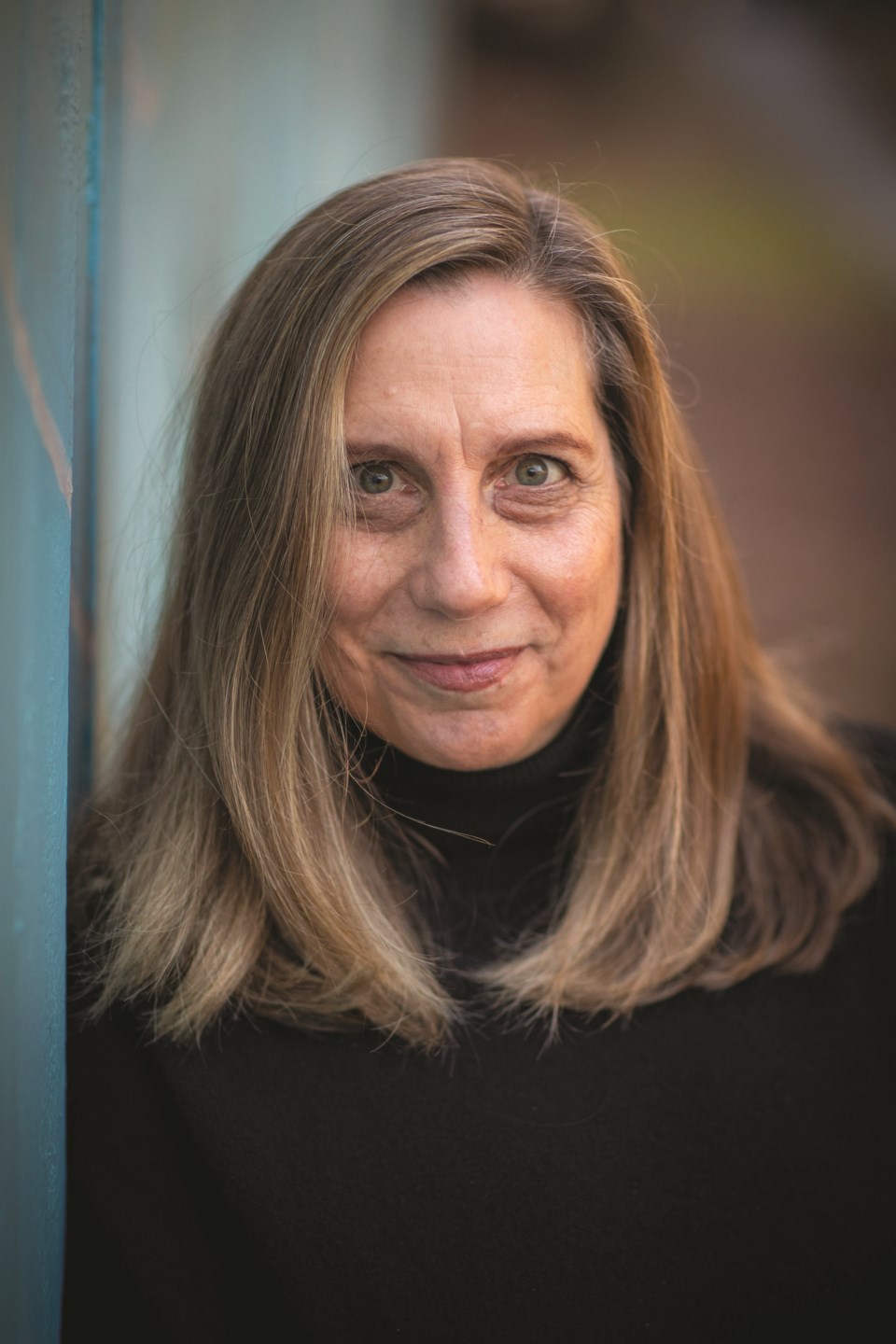Marsha Lederman has always been interested in telling stories.
As a child of Holocaust survivors, it was trained into her that she needed to find stability in a steady income. So rather than studying literature and pursue her dream of writing fiction, Marsha studied broadcast journalism.
An underlying pull to this decision was a thought that if reporters had known about the Nazis’ atrocities, their journalism could have exposed and ceased the horror. Her family could have been rescued.
Kiss the Red Stairs is a complex and compelling memoir where Lederman weaves the strands of current and past traumas. While still reeling from her divorce, Marsha’s interest in intergenerational trauma exhibited in Jewish children of Holocaust victims leads her to form an understanding of the root of her own “miserable” (a term her parents gave her) demeanour and her role of being a victim.
In light of an interview with Arthur Herzog, where he referred to the “so-called” Holocaust, Lederman addresses the recent years of “fake news,” a term she detests, but nevertheless states that we “should be very concerned about the kind of ‘information’ being directed to uncritical thinkers…”
Lederman writes that the word genocide was termed by Raphael Lemkin, an analyst with the U.S. War Department. As a former Jewish lawyer who escaped Nazi-occupied Poland, Lemkin wrote that the word “signified a coordinated plan of different actions aiming at the destruction of essential foundations of the life of a national group, with the aim of annihilating the groups themselves.”
The author draws a parallel from Lemkin’s statement to Canada’s history, and our current work on Truth and Reconciliation. “We all have a responsibility to know what happened, what continues to happen, and to make it right, to whatever extent we can,” Lederman states.
When interviewing master carver Carey Newman about his new work, The Witness Blanket, “to memorialize and call attention to the atrocities of the residential school system,” Lederman felt a connection “in that space where vastly different experiences met shared sorrows.”
He, like her, had not known of his father’s experiences, and had also grown up in a survivor household. Newman told her about his father’s hair being cut, his clothes and his identity taken. This immediately took Lederman back to Auschwitz; her mother’s hair being shaved, her clothes taken, and as such robbed of her identity.
In Kiss the Red Stairs, Lederman investigates the science behind intergenerational trauma and describes epigenetics, a developing field in “the study of the molecules and processes that control expression of the genes carried in our DNA” and where “trauma can leave an indelible mark on a person’s genes.”
The thought that parents pass this trauma gene onto their children is profound, and gives greater understanding to the complex breadth of intergenerational trauma.
As a reader, when I came across the origin of the title—Lederman’s father, when returning to his childhood home, knelt to kiss the painted red stairs where his family walked for the last time, and wept—I wept too. The annihilation of a group of people is inconceivable and there are many hard-to-read sections in this book, but despite this, the memoir is about hope, about laughter and life.
During Lederman’s exhaustive research and her personal journey of investigation into her forebears and parents’ tragic past, she discovered that the way to honour the price her family paid is to live.
Lederman is the Western arts correspondent for the Globe and Mail and is based in Vancouver. Kiss the Red Stairs: The Holocaust Once Removed is her first book.
Lederman will join Stella Harvey for an in-depth, book-club-style conversation at the Booklovers’ Literary Salon event on Oct. 14 at 4 p.m.
She will lead the workshop, Using Journalism Skills in Memoir Writing, on Oct. 15 at 9 a.m. and on Oct. 15 at 8 p.m. She will also host the Saturday Night Gala and be in conversation with Méira Cook and Iain Reid.
For tickets, visit whistlerwritersfest.com.
Libby McKeever is a retired youth librarian, avid reader, and writer of fiction and creative non-fiction.





